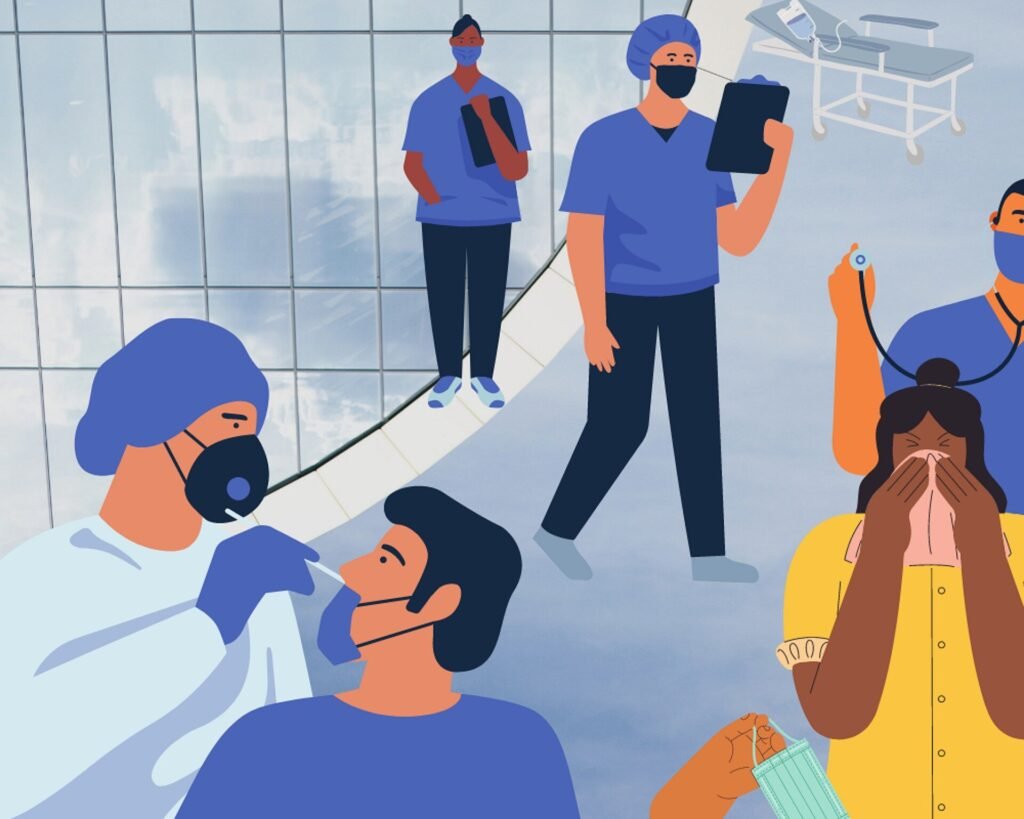The aftermath of COVID-19 continues to reveal long-lasting health implications, as a recent French nationwide study suggests that survivors of COVID-19 hospitalization are at an elevated risk of death or organ-related disorders for up to two-and-a-half years post-discharge. The findings, published in Infectious Diseases, shed light on the importance of ongoing healthcare and monitoring for individuals who have been hospitalized with the SARS-CoV-2 virus.
Lead author Dr. Sarah Tubiana, from the Clinical Investigation Center at Bichat Hospital in Paris, emphasizes the broader impact of COVID-19 beyond the initial infection. The study, which tracked nearly 64,000 adults hospitalized with COVID-19 between January and August 2020, compared their outcomes with a control group from the general population. The results revealed that COVID-19 survivors faced higher risks of death from any cause, as well as increased hospitalizations for neurological, psychiatric, cardiovascular, and respiratory conditions.
Interestingly, the study found no significant difference in risk between men and women, except for psychiatric disorders, where women showed a higher excess risk. Re-hospitalization rates were also higher across all age groups, particularly for individuals over 70. While the risks decreased after the first six months, they remained elevated for up to 30 months for neurological and respiratory disorders, chronic kidney failure, and diabetes.
Dr. Charles Burdet, an Infectious Diseases specialist at Université Paris Cité and co-author of the study, highlights the importance of understanding the mechanisms behind these long-term health risks and finding ways to mitigate them. The study’s strength lies in its use of a large, nationwide database covering the entire French population, providing valuable insights applicable to similar Western populations. However, further research is needed to assess the impact of more recent SARS-CoV-2 variants on long-term health outcomes.
In conclusion, the study underscores the need for continued monitoring and support for COVID-19 survivors, as they face persistent health risks even months or years after hospitalization. By recognizing these long-term consequences, healthcare providers can better address the ongoing health needs of individuals recovering from COVID-19.


